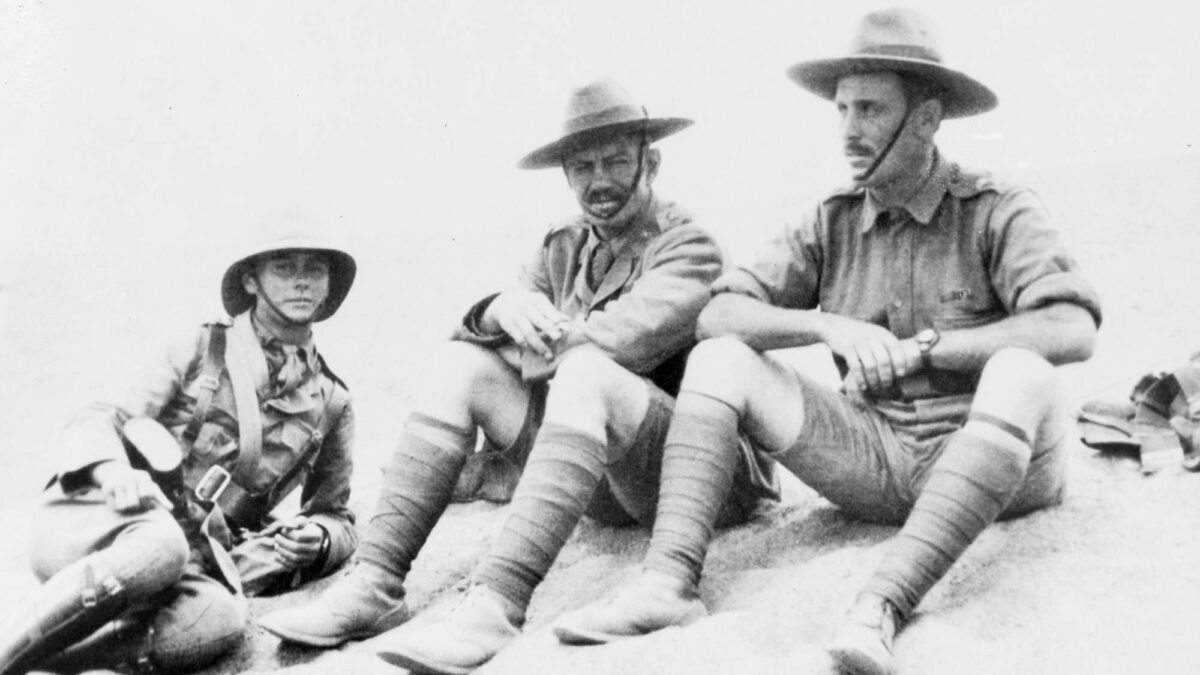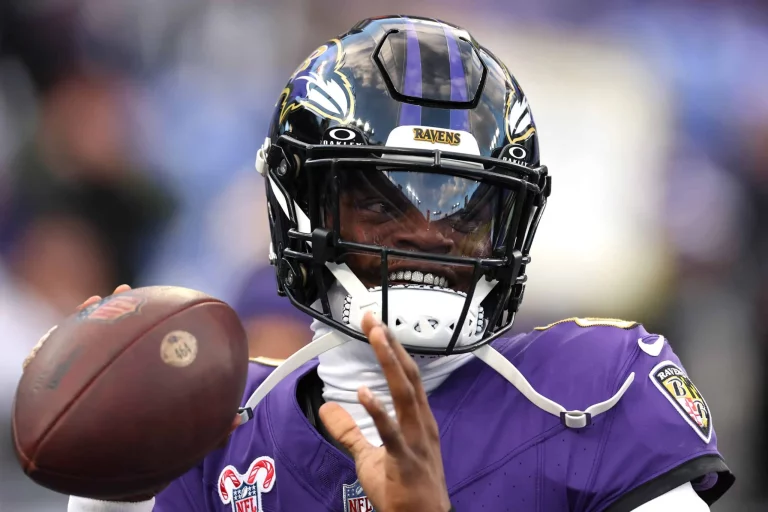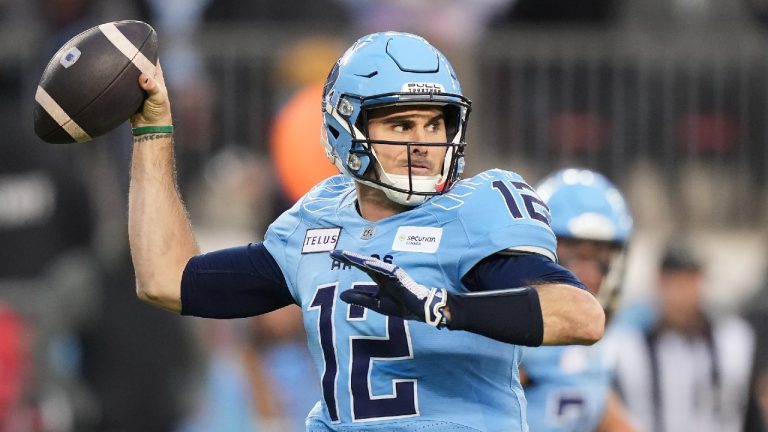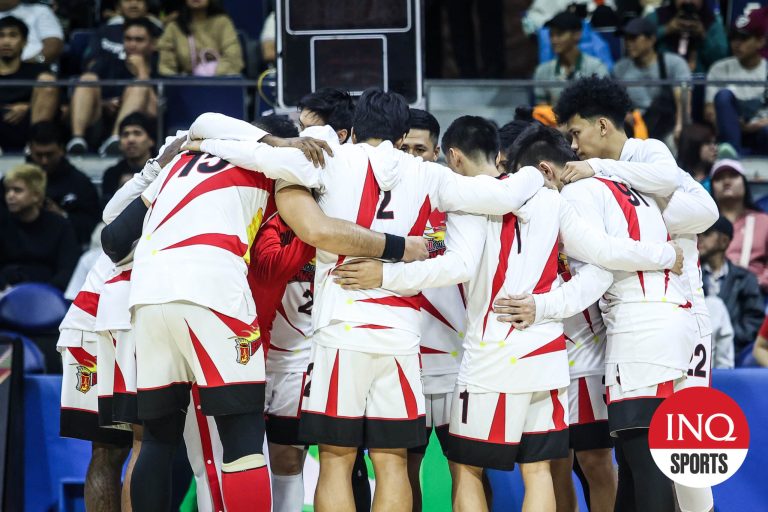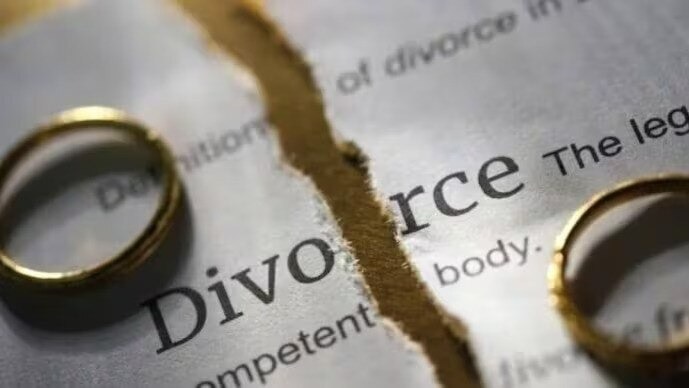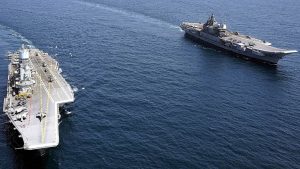One hundred and ten years after he was killed on the opening day of the Gallipoli landings in 1915, Blair Swannell – one of only two men to have played for the British and Irish Lions and the Wallabies – will be remembered and celebrated during this year’s series for the first time.
Rugby Australia and the British and Irish Lions announced on Thursday morning that the player of the match in the AUNZ invitational and Lions fixture in Adelaide on July 12 will be awarded the inaugural Blair Swannell Medal.
Swannell, who was 39 when he was shot down in Gallipoli, holds the record for the most Test wins as a Lion (six from seven).
After emigrating to Australia, the former back-rower also played in the Wallabies’ first clash against the All Blacks in New Zealand – a 14-3 loss in Dunedin.

Blair Swannell (centre) with fellow Anzac soldiers in Egypt in 1915.Credit:Australian War Memorial Archive
Swannell, an adventurer who fought in the Boar War and later sailed up the coast of the United States and Canada in search of gold, also played for Norths rugby club and is well remembered at St Josephs College in Hunter’s Hill.
Swannell coached the First XV for three seasons between 1905 and 1907 – Joeys won the GPS premiership in all three years.
After he hung up the boots, Swannell quickly established himself as a forthright columnist, joined the referee ranks and became a Sydney rugby administrator.
Along the way, Swannell developed quite the reputation for his no-frills attitude.
Rugged, physical and even dirty on the field, there was nothing vanilla about Swannell.
“A straight shooter, he seemed to be an individual who people liked or vehemently opposed,” Swannell’s profile on the Classic Wallabies website reads.
“There seemed to have been no middle ground.”
Tom Richards, who was a stretcher bearer at Gallipoli and was previously thought to be the only person to have played for both the Lions and Wallabies, added to the colourful description of Swannell.
“I am really grieved, as ‘Swanny’ with all his faults etc was quite all right, though he was a character seldom met,” Richards wrote in his diary, which was later revealed in Greg Growden’s book: Wallabies at War.
The Wallabies and Lions play for the Tom Richards Cup.

The Wallabies pose with the Tom Richards Cup after defeating the Lions in the third Test in Sydney 29-23, 2001. Mandatory Credit: Nick Wilson/ALLSPORT
As marvellously recounted by Growden, Swannell’s death was cited by Australia’s official war correspondent, C. E. W. Bean, in his early Gallipoli dispatches.
“I believe Major Swannell of the 1st Battalion was picked out by a sharpshooter that day while he was fighting like a tiger. He had said on board ship the day before he knew he was going to be killed. He fought that day as a footballer fights in a good Rugger scrum – as he had fought in many an interstate and international match – and you cannot say more than that,” Bean wrote.
While the Tom Richards Cup was first played for in 2001, Swannell’s recognition comes years after his great nephew, Robert, began writing to Rugby Australia in 2017, urging the governing body to look closer at his grandfather, who became the 72nd person to play for the Wallabies.

Blair Swannell (far left) with fellow AIF officers in Egypt.
And act RA has done by ensuring his name and legacy continues.
“On the battlefield and sporting field, Blair Swannell holds a unique place in Australian and British history, having represented both nations militarily and in rugby,” Rugby Australia chief executive and former Wallaby Phil Waugh said.
“It is with deep honour and respect that Rugby Australia and the British and Irish Lions recognise Blair’s extraordinary life this Anzac Day – 110 years to the day since he made the ultimate sacrifice on the shores of Gallipoli – by commissioning an award in his name for this year’s historic Lions tour.
“The Player of the Match medal for the AUNZ v Lions match at Adelaide Oval will be awarded to the footballer who best exemplifies skill, courage and commitment, the very traits that defined Blair on both sides of the world.”
The British and Irish Lions CEO Ben Calveley added: “Blair Swannell’s legacy is an incredible part of our 137-year history and this medal is a fitting way to remember Blair’s memory.
“The Invitational Australia & New Zealand match in Adelaide is set to be a very special match and I am also delighted that Blair’s family will join us for the occasion.”
Robert Swannell, who began researching more about his great uncle in 2015, found out earlier this year that the player of the match in the AUNZ game would play for a medal in honour of family member.
“I am really delighted,” Swannell told Iain Payten in his superb story in The Sydney Morning Herald.
“I am just very, very pleased that we have got to the point we have got to. In a way, its part of the tale of determination that Blair had in his own way, in his lifetime.
“This medal for the Lions against combined Australia and New Zealand, it’s a rather good idea. Blair played for Australia against New Zealand, and obviously, the ANZAC element is very special in this case.”
